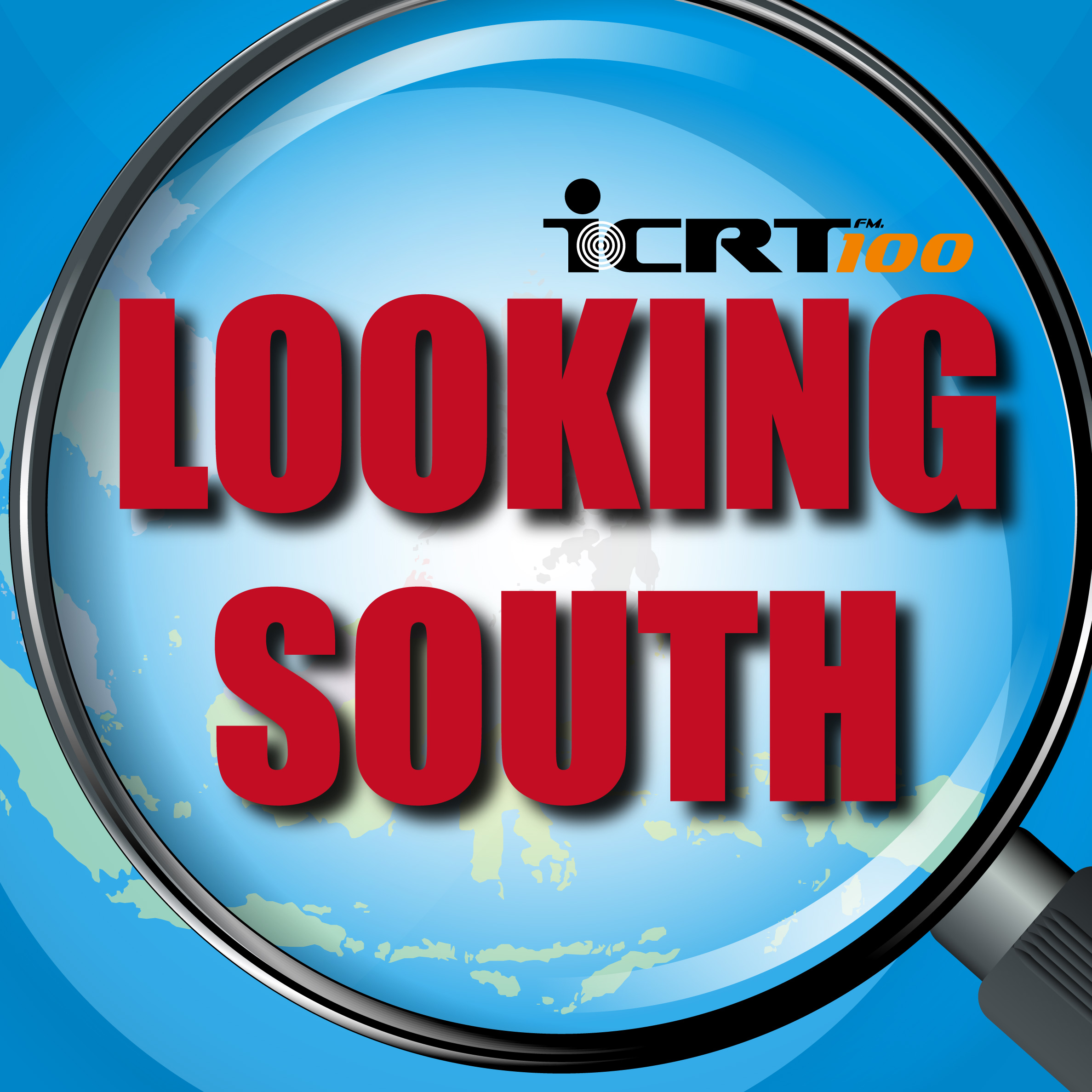In this week’s Looking South, Philip Brossard speaks with Director Chii-Wann Lin, BDL Vice President with the Industrial Technology Research Institute, about medical cooperation with New Southbound Policy Target countries.
Transcription:
Philip Brossard: Good morning, I’m Philip Brossard and this is Looking South, here on ICRT. Today, I’m joined by Director Chii-Wann Lin, BDL Vice President with the Industrial Technology Research Institute, to tell us about medical cooperation with New Southbound Policy target countries. Dr. Lin, welcome to the program.
Chii-wann Lin: Hello.
Philip: How can medical cooperation boost ties with our regional neighbors, under the New Southbound Policy?
Lin: We at ITRI, part of the Ministry of Economic Affairs, have been responsible for the advanced medical tech and health tech development in Taiwan. We are promoting our technologies and products to the New Southbound Policy countries through three aspects. One is academic exchanges, the second one is research cooperation, and the third one is medical professional alliances to help the technologies and products, to boost the economy of Taiwan and the southbound region neighbors.
Philip: And what sort of diseases or conditions are targeted under these cooperation projects?
Lin: Right now the primary target is infectious diseases, especially dengue fever virus detection and vaccine development for regional needs. On top of that, we also have exchange programs under the names of In-vitro Diagnosis, Impregnable Devices, and tailored health. All these three have been identified as primary areas or topics to promote regional cooperation.
Philip: What have these projects achieved so far? Can they be expanded in the future?
Lin: Yes. The projects were started early this year, so we now have achieved the identification of some of the primary antibodies for the virus detection and integrated with test strips, so we are trying to finish prototypes for clinical tries by the middle of next year. And also, we work with local governments to develop vaccines against dengue fever. It’s probably in the clinical trial phase.
Philip: This is obviously good for improving relations with nearby countries, but how is this going to help people here in Taiwan?
Lin: As you know, dengue and other kinds of mosquito-borne diseases are severe in parts of Taiwan, so we are also looking forward to using these developments to not only help our neighboring countries and friends, but also our own benefit in Taiwan.
Philip: Will these projects be able to help people outside the scope of the New Southbound Policy? If so, how?
Lin: Yes, as part of global warming, mosquito-borne diseases are a widespread threat to public health, not only in South Asian countries but also in other countries, like in Brazil, where other kinds of disease, like the Zika virus, are also very important for the public health. Similar technological approaches can be extended to use in other areas for similar diseases.
Philip: Do you have any medical events coming up that would be interesting to the Taiwan people?
Lin: Yes, we will hold a conference called Medical Electronics and Devices in Taiwan Forum, in short, MEDIT, on October 25th-26th in Taipei. There is a special section for the New Southbound opportunities and medical devices, so we have guests from Indonesia and the Philippines to discuss about medical cooperation business development opportunities in this region. We welcome the audience to join this forum if they’re interested in this opportunity.
Philip: So it will be open to the public?
Lin: You have to register online.
Philip: We’ve been chatting with Dr. Chii-Wann Lin of the ITRI. Dr. Lin, thank you for joining us on the air today.
Lin: Thank you.
